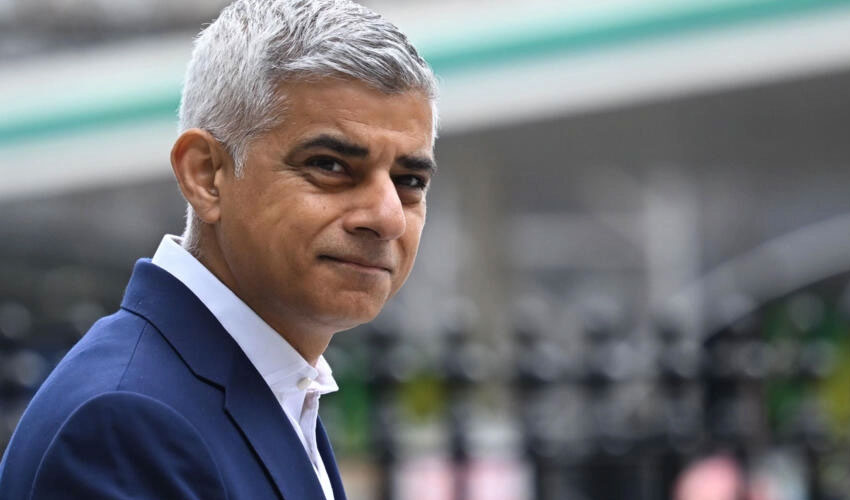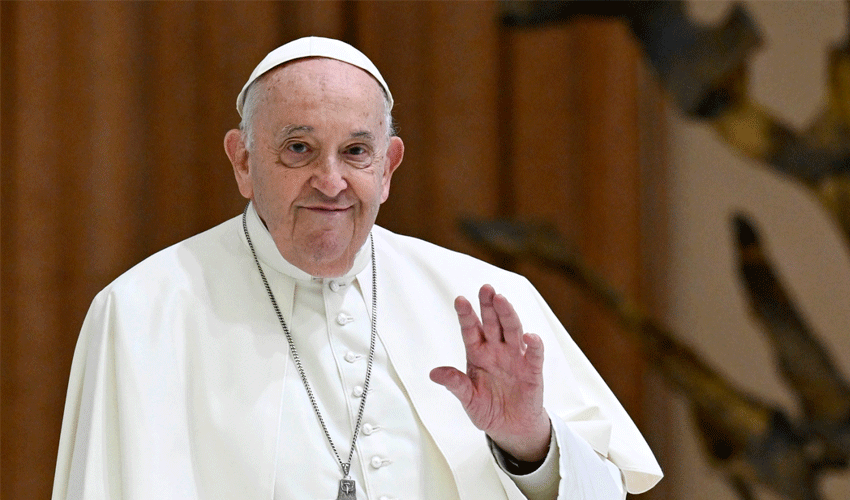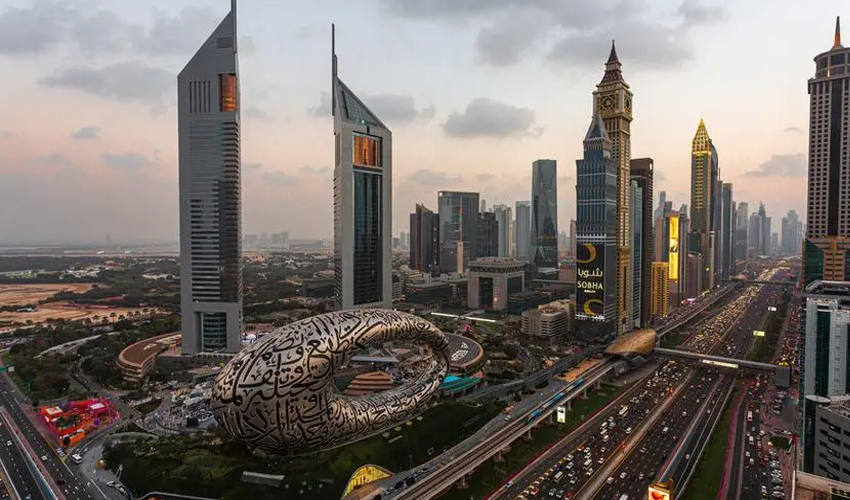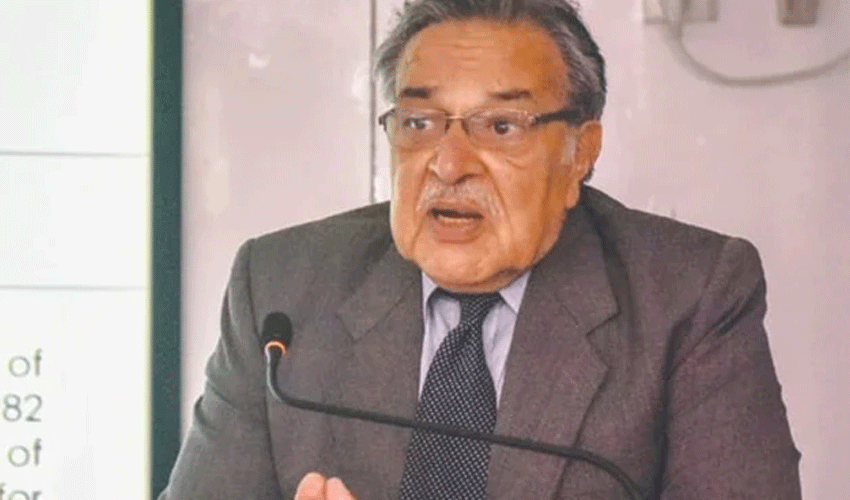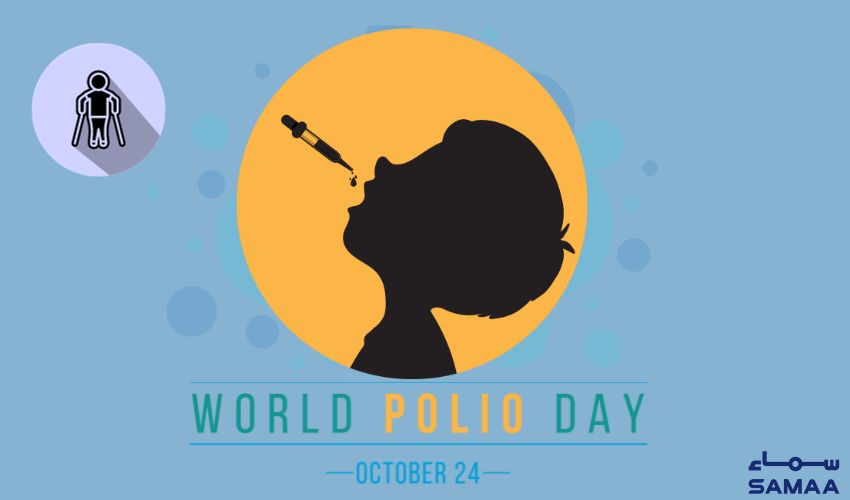London's mayor, Sadiq Khan, called for enhanced ties with Europe and a more constructive immigration debate, asserting that Brexit is a "key contributor" to the UK's current cost-of-living crisis.
Khan, a member of the Labour Party, argued that the UK needs to establish a "new settlement" with the European Union, emphasising that the 2020 departure from the bloc "isn't working."
In a pivotal election year, Khan expressed concern that political parties, especially the Conservatives, seem hesitant to address the consequences of the 2016 EU referendum.
He stated, "We've got to be frank; Brexit is simply not a peripheral concern that we can leave in the past. It's a key contributor to the cost-of-living crisis right now, and it's resulting in lost opportunities, lost business, and lost income."
Khan advocated urgently for "a closer relationship with the EU," believing that a "new settlement" would boost the economy, raise living standards, and unlock growth and prosperity.
He referred to analysis commissioned by City Hall, revealing that Brexit has cost the UK's economy £140 billion ($178 billion), with London's economy 7.5 percent smaller than projected if the UK had remained in the EU.
The Cambridge Econometrics study estimated that by 2035, Britain's economy would miss out on over £300 billion without intervention, with London's economy losing £60 billion.
The study also indicated that the average Londoner was nearly £3,400 worse off last year due to Brexit, accompanied by almost 300,000 fewer jobs in the capital.
Khan's rival mayoral candidate, Howard Cox of Reform UK, criticised the estimates as "fantasy economics." Meanwhile, Khan addressed immigration policy, acknowledging the need to address severe worker shortages without advocating for open borders.
He emphasised crafting an approach based on facts rather than fearmongering, recognising the economic, social, and cultural advantages of a thoughtful immigration strategy.





